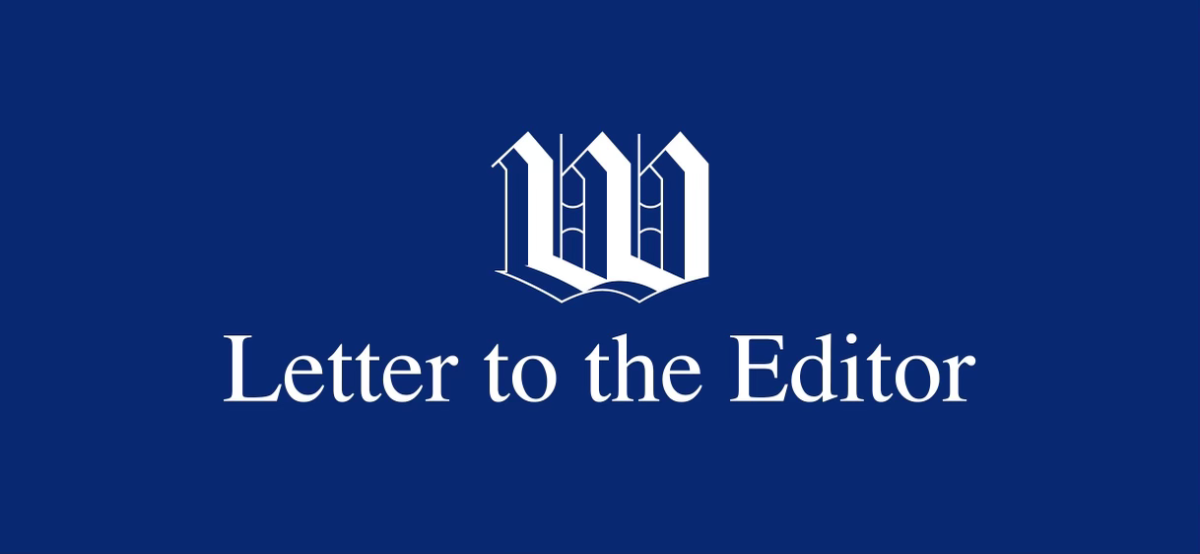To the Editor,
There has been much discussion on campus lately about the Wellesley-PKU partnership. No one I have spoken with at the College believes that exchanges between students from the two institutions are anything but a positive experience for the students involved. No one that I have spoken with has said Wellesley should close the door on the partnership. What many faculty have argued, however, is that there are some fundamental questions and issues about academic freedom that need to be addressed as Wellesley engages with institutions of higher education in authoritarian societies that severely circumscribe freedom of expression. In the planning of this particular exchange, as Provost Shennan has stated, many of these questions were not adequately addressed in the planning of this partnership and many faculty members feel a duty to address them now.
As the Director of the Freedom Project at Wellesley, which has been trying to secure a visiting fellowship for Professor Xia Yeliang, one of the most troubling aspects of recent discussions is the distorted presentation of certain facts of his case. In this editorial for The Wellesley News , “Why the Peking University partnership is good for Wellesley”, my friend and colleague, Charles Bu, states a number of facts about Xia’s dismissal that are taken directly from the PKU official explanation for Xia’s termination. What he fails to note is that , in spite of Peking University’s liberal reputation, it still remains firmly under the control of the Communist Party of China, which has systematically stepped up its campaign of repression against intellectuals since Xi Jinping became President of China.
Professor Xia Yeliang is one of those intellectuals. He is one of the most articulate and courageous dissidents in China today and has been under constant political attack by very powerful forces in China since he helped to write and signed Charter 08, the most important foundational document for human rights in modern China. He was constantly warned by party officials at Peking University to silence his critical voice and he refused to do so. Professor Bu consciously left out any discussion of the political history and context of Xia’s termination. Without that context, which is part of the historical record on Professor Xia, the story of his termination is vastly incomplete and, to some extent, intellectually irresponsible.
If we are to base our partnership with Peking University by masking certain realities about the nature of the regime that controls freedom of expression in China, then the price that we pay by such censorship is far too high. Professor Xia was terminated because he is courageous public intellectual who stood up to one of the more repressive regimes in the world today. He has not been allowed to appeal his decision with PKU and he has been warned to be quiet even after the termination notice or face further reprisals.
If the purpose of the exchange is to foster models of leadership for Wellesley students and Peking University students, I cannot think of a better such model than Professor Xia Yeliang. Wellesley College is now the subject of extremely favorable world public opinion based on the support of so many faculty members for Professor Xia. To the extent that people continue to spread unsubstantiated accounts of Professor Xia’s case, and accept the narrative of the regime that has repressed him, our reputation can only be diminished.
There is nothing incompatible about continuing and even enhancing the PKU-Wellesley exchange and welcoming Professor Xia to our community as a visiting fellow of The Freedom Project.
Sincerely yours,
Thomas Cushman
Deffenbaugh de Hoyos Carlson Professor in the Social Sciences
Professor of Sociology


